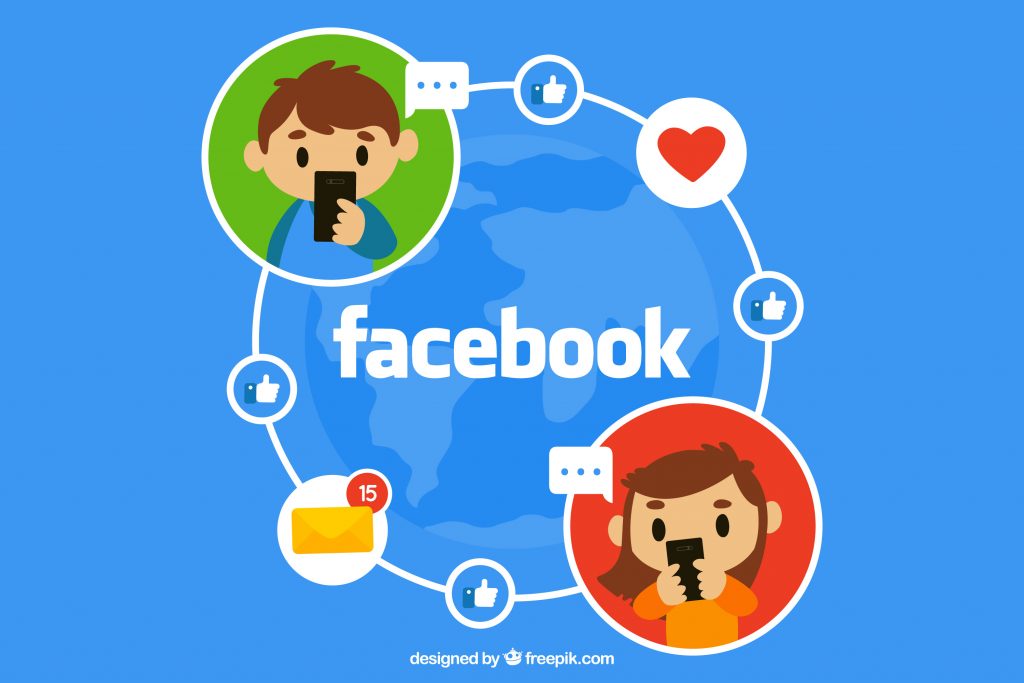
Table of Contents
Many Faces
Your Facebook profile is supposed to represent the “real-life you” the maximum amount as attainable. Everything, from the categories of data Facebook, encourages you to furnish concerning yourself (political affiliations, spiritual views, etc.) to the main focus on presenting your life as a timeline, confirms this. Then want to help throughout creating Facebook ads now then contact Facebook support number.
Successfully group action yourself into the Facebook world, then, depends on you being willing (or able) to supply a transparent answer to the question, “Who area unit you?” And in this lies the rub.
Speaking for myself, the sole issue that’s static concerning Maine is my constant state of modification. It ripples through the various sides of my identity. Or, as Danah Boyd named it in her eye-opening master’s thesis, faceted Id/Entity: Managing illustration during a Digital World: my many-sided self.
My many-sided self is what makes Maine want I’m 2 or 3, hell, many completely different folks. as a result of we have a tendency to all area units. we have a tendency to all have the flexibility to gift completely different sides of ourselves reckoning on the context: a development called code change.
Switch up the interface
Anil Dash recently wrote AN perceptive piece on code change within the context of teaching youngsters programming, whereby he offered the foremost summary illustration of the concept:
All people code-switch all the time—often while not aware effort; typically, sadly, out unavoidably. It’s essential not solely to interacting with folks we’re simply meeting, however with those whom we all know, too: our family, colleagues, and friends. for many people, our Facebook “friends” aren’t folks we’re simply meeting for the primary time, they’re folks we’ve designed some variety of relationship context within the planet.
A colleague from my last job, my brother, the couple down the road, a relative I last saw 10 years past, that lady I met whereas traveling through the European nation, AN ex-girlfriend: these and in numerous additional area unit the contexts we have a tendency to share with our Facebook friends. within the planet, we might depend upon code change to move with these people. In Boyd’s words, “By understanding the context of the surroundings, folks apprehend that aspect of their social identity to perform.”
For instance, in real-world I wouldn’t flash simply any of my friends with a video of my dog licking coconut butter off tableware set to Marvin Gaye’s “Let’s get onto On” while not initial assessing the context I share with them: their sense of humor, current mood, qualm concerning animals, the character of our relationship, and myriads of different things.
On Facebook, you’ll be able to kiss such nuanced interaction bye. Our broadcasts exit to everybody regardless of context.
Let’s not be humorous
If you simply responded with, “Well, you may produce an inventory and fine-tune your permissions,” you created a panda terribly unhappy.
A friend’s like on AN anti-gay-rights page. A comment creating fun of your musical tastes. A feeder friend linking to a piece of writing concerning the evils of ingestion meat. A grievance concerning however Apple (or Facebook?) can’t pioneer any longer. an image of some friends enjoying a get-together that you just weren’t invited to. The incessant posting of a cat, dog, and child photos. we have a tendency to weren’t exactly meant to envision these, however, they weren’t precisely hidden from the US, either. One man’s meat is so another man’s poison: these and a range of different un-code-switched signals in our news feeds cumulatively print away at our morales.
What makes code change work isn’t the flexibility to choose the UN agency you place at the opposite finish of the interaction. After all, that might assume we have a tendency to all have single identities and may be classified simply. Lists, even once they’re formed like Circles (a brave effort, it’s value saying), barely solve the $64000 downside. On the contrary, code change is concerning your ability to change your behavior to best suit any interaction.
The alternative to broadcasting your unfiltered many-sided self is presenting an additional dilute version, one that’s tempered or, dare I say, code-switched, to appease all of your Facebook friends. This version doesn’t signify something, likes everything, shares cautiously, and presents a diabetes-inducing timeline of the studio. whereas this may be an additional booming strategy on Facebook, it will leave each the broadcaster and therefore the receivers feeling disappointed as a result of everybody, particularly those that apprehend the broadcaster well in the real world, will see the large, fat elephant—reality—in the corner.
This leaves the US feeling stuck during an on the face of it endless struggle between being our true or dilute selves. And as time goes by, this struggle appears to not solely be geologic process our relationships with our friends, however additionally with the medium. It’s an indication that a modification is owed.
Let’s face it
The early premise for Facebook was nice|an excellent|a good} idea—a great style, speaking of style within the broadest sense. however nice style will usually be the silent killer, as Bill Buxton writes: “Great style takes hold, gets traction, and takes on its own inertia—which makes it arduous to switch. And replace it we have a tendency to must: Everything reaches its past-due date.”
Facebook’s design—really, the planning of public and semi-private virtual interaction areas on the web—is setting out to want it’s reached its past-due date. And exchange it’s planning to take way more than flat UI, quicker notifications, higher animations, responsiveness, larger and better density screens, higher net standards, native apps, and thousands of different things that we’ve already written concerning.
It’s planning to need the US to approach a much more elusive downside, and one that’s in the middle of design: understanding humans higher. After reading this blog if you want to need some information or related topic to discuss now then Facebook customer service.






